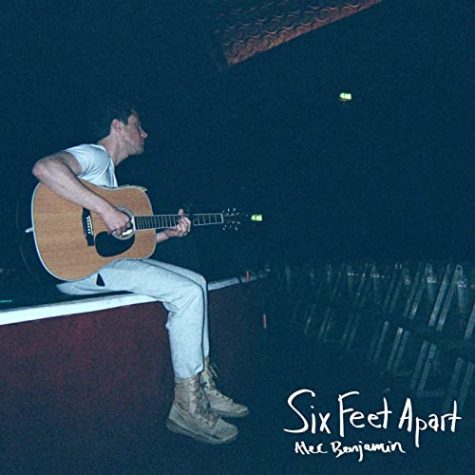Separating the art from the artist: is it possible?
October 8, 2020
“My favorite band has been canceled.”
This statement might not be relatable to everyone, but I know I’ve definitely been there. If you’re on social media, you might’ve noticed that people have been changing their listening habits as not to support “problematic” bands. I say, “problematic” in quotation marks because the word itself does not discuss the severity of these transgressions. The two most common allegations I’ve seen have been of sexual assault and the grooming of minors.
As a result, people might stop streaming songs from an artist or band to essentially boycott their work. Or they might not. This prompts the question: is it possible, or ethical, to separate art from the artist?
An artist’s beliefs often subconsciously manifest themselves in a piece of work. The same can be said if an artist is racist, misogynistic, antisemitic or transphobic. Even though art is subjective and can be interpreted however the public damn well pleases, that doesn’t erase the fact that some really great artists are really terrible people. Pablo Picasso is a famous artist who is best known for his influence on the 20th-century art world, as well as being a co-creator of Cubism. He has also been called a misogynist who profited off the images of women he slept with without actually respecting them. Art is subjective, yes, but it is also a form of self-expression. With an artist’s psyche in mind, their artwork can be examined under a new and critical lens.
Obviously, Picasso is dead, and these band members are still kicking and collecting royalties. If you aren’t fond of supporting a band with sexual misconduct allegations but still enjoy their music, then you might do a couple of things. You might avoid listening to their songs or maybe find alternatives to their music. Maybe you say, “Screw it, I’m listening to this because it’s good, and I like it!” Personally, I chose the first two options. Does it suck? Yeah, of course. But at the end of the day, I don’t want to disregard these people’s wrongdoings, and I certainly don’t want to support them.
Artists benefit from any form of support; whether that be actual monetary gains or just positive reception. Beyond just the individual, companies are also aware of which artists to fund based off of public reception. If listeners aren’t deterred by an artist’s troubling past, then it’s likely that businesses won’t be either. Money talks. Imagine what type of message is sent to bands when their offenses are ignored. It certainly doesn’t communicate, “Assaulting people has serious consequences.”
Being aware of where your entertainment comes from doesn’t mean you should stop consuming all media. I’m not advocating for Picasso’s paintings to be burned in a pyre, nor am I saying that any other form of media should be removed from the public domain because the creator wasn’t a good person. However, I believe that ignoring the reprehensible behavior of creators hinders productive conversations surrounding this subject. Conversations like, “she influenced a generation” and “she was transphobic” should be held in the same breath. To be honest, separating the art from the artist gives an artist too much credit for their ability to detach in the first place.












